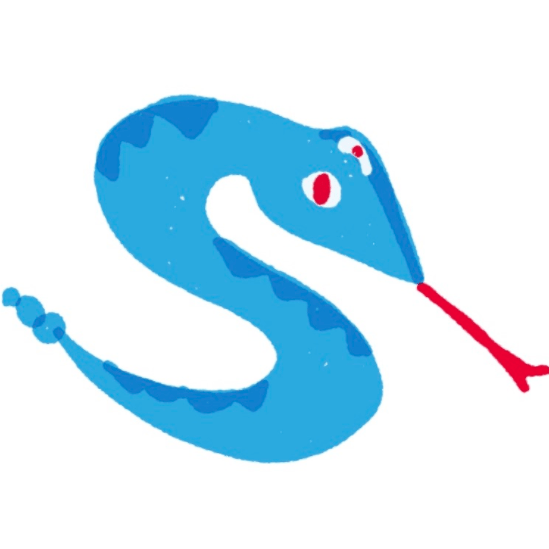Background:
Many product names are ambiguous when used as a keyword in a web search.
For example, in the most egregious hypothetical case, if you had a program named “The” it would be almost impossible to do an English-language search for it. Imagine searching for “The problem,” or “The crashing when I load too many databases.”
The issue:
It is excusable for products to have ambiguous names if they were created before web searches became important.
- For example, “Go” (the programming language developed in 2007) is poorly named, so we should heap our scorn upon it.
- Whereas “Go” (the ancient board game) should get a pass, as it is unreasonable to expect scholars from an ancient Chinese dynasty to predict the Internet. (Also, it 1) pre-dated the English language and 2) was not actually called “go” either).
But post-2000, it is clear to everyone that products need to be findable online. There is no excuse for naming a product or piece of software something generic and ambiguous.

Here are three categories of software names. One is the “potentially quite difficult to find results for” category, one is “unique names, very easy to find results for,” and one is “ambiguous word, but usually still easy to find results for.”
See if you can determine which is which:
Category #1:
- C
- Maps
- .NET
- Numbers
- R
- Serial
- Go
Category #2:
- PowerPoint
- Perl
- iBooks
- Firefox
- LibreOffice
- CrashPlan
- Crimson Editor
Category #3:
- Java
- Python
- Kindle
- Pandora
- Safari
- Keynote
- Komodo


The solution:
Simply put, a 100% tax would be levied on the revenues generated by any product with a non-unique official name.
This would encourage companies to quickly think of new words for their products, or at least officially re-brand their generically-named products with their company name.
Examples:
- Apple Mail –> “iMail”
- Microsoft Word –> “MSWord”
- Serial Podcast –> “Investigate-o-pod”
- Apple Maps –> “AppleMaps”
- Google Maps –> “GoogMap”
- Go programming language –> “GoLang”
- C programming language –> “PlainC”
- Ford Fiesta –> “Ford FiestaMeansFestival”
If you hate these names—and you probably should—too bad!
This is the inevitable consequence of progress.
Positive role model for unique names:
Bands are famous for having extremely bizarre and generally totally unique names. Consumer products and software could take inspiration from the creativity used in selecting a band name.
Economic impact:
Probably it would be minor, as companies would quickly re-brand.
If this law were retroactive, Apple would be one of the hardest-hit companies:
- Apple’s software for managing photos: Photos
- Apple’s client for desktop mail: Mail
- Apple’s calendar: Calendar (formerly “iCal”)
- Apple’s program for organizing your contacts: Contacts (formerly “Address Book”)
- Apple’s maps: Maps
- Apple’s program for taking notes: Notes
- Apple’s application for playing chess: Chess
- Apple’s spreadsheet: Numbers
- Apple’s word processor: Pages
(Despite those software products being supplied free, they would be assigned a percentage of Apple’s hardware sales, based on the logic that these programs contributed to the “software ecosystem” that motivated the hardware sales in the first place.)

Sponsored Link
PROS: You would no longer have to try a dozen terms when searching online for something with a generic name.
CONS: None! This should be done immediately, if not sooner.


You must be logged in to post a comment.